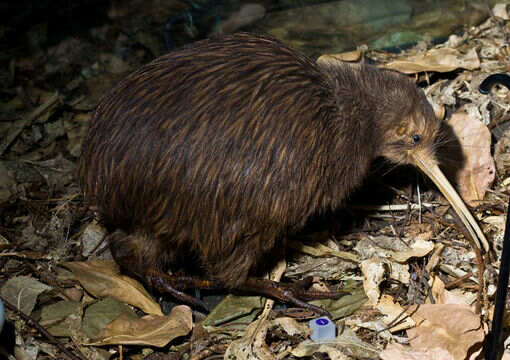News release
From:
Attachments
Note: Not all attachments are visible to the general public. Research URLs will go live after the embargo ends.

Journal/
conference: Animal Microbiome
conference: Animal Microbiome
Research:Paper
Organisation/s:
Manaaki Whenua - Landcare Research, Stanford University, USA
Funder:
This work was supported by Birds New Zealand grant for PASJ & MKD, MBIE Strategic Science Investment Fund supported MKD, the Royal Society of New Zealand Marsden Fund 17-MAU-154 and the Security for Iconic Species: Kiwi Rescue’ MBIE Programme 482 C09 × 1609 supporting IC, and the Stanford Center for Conservation Biology for PASJ.



 New Zealand
New Zealand


